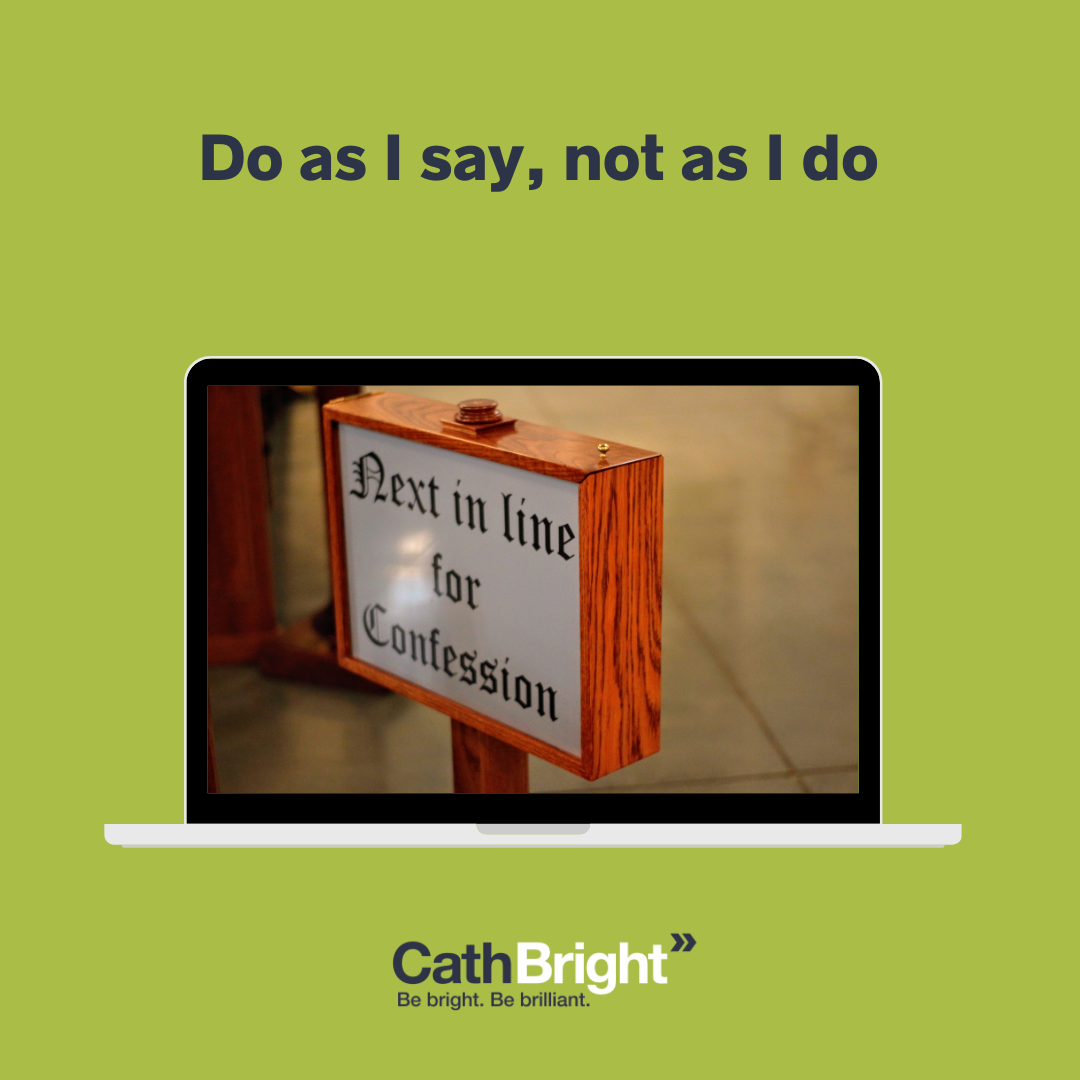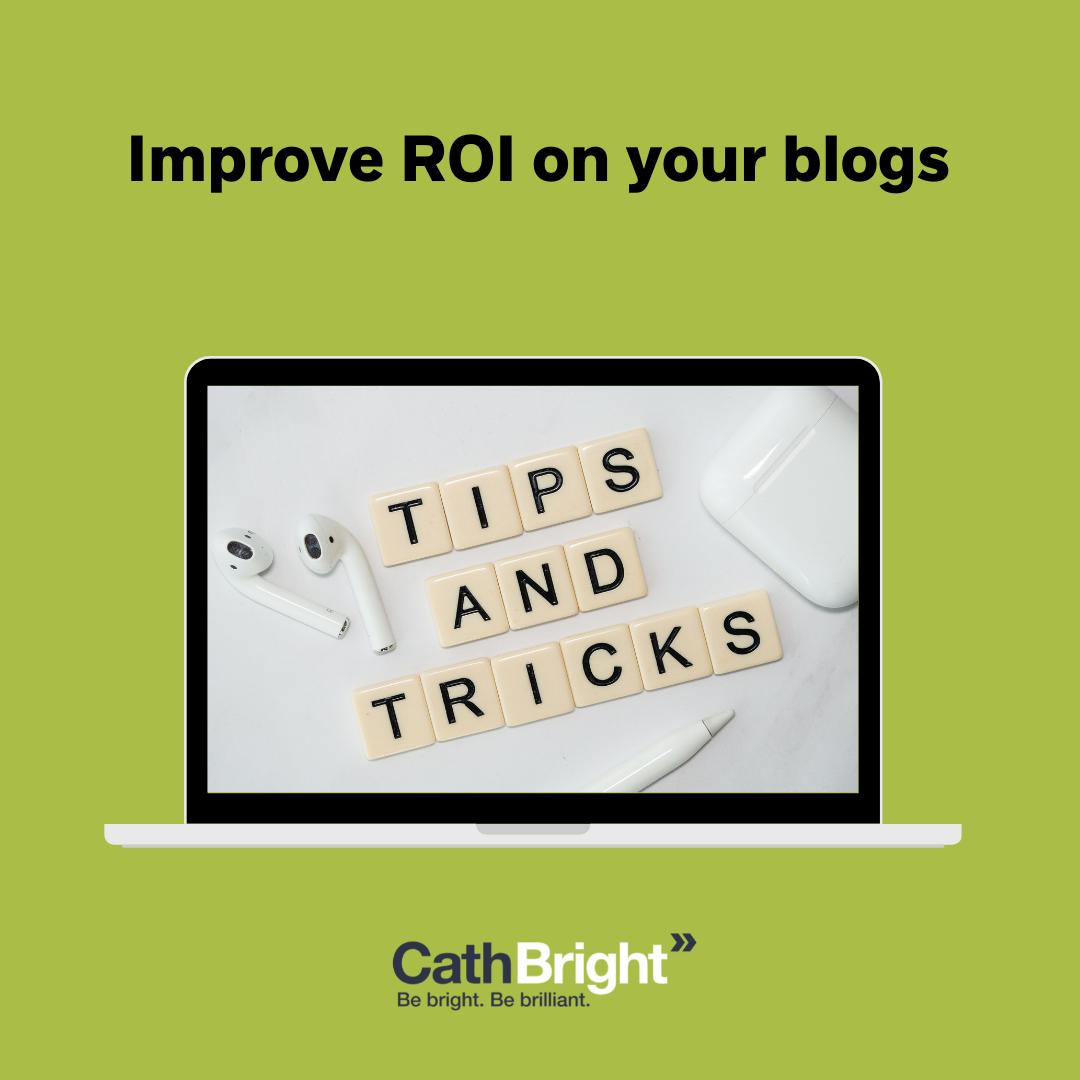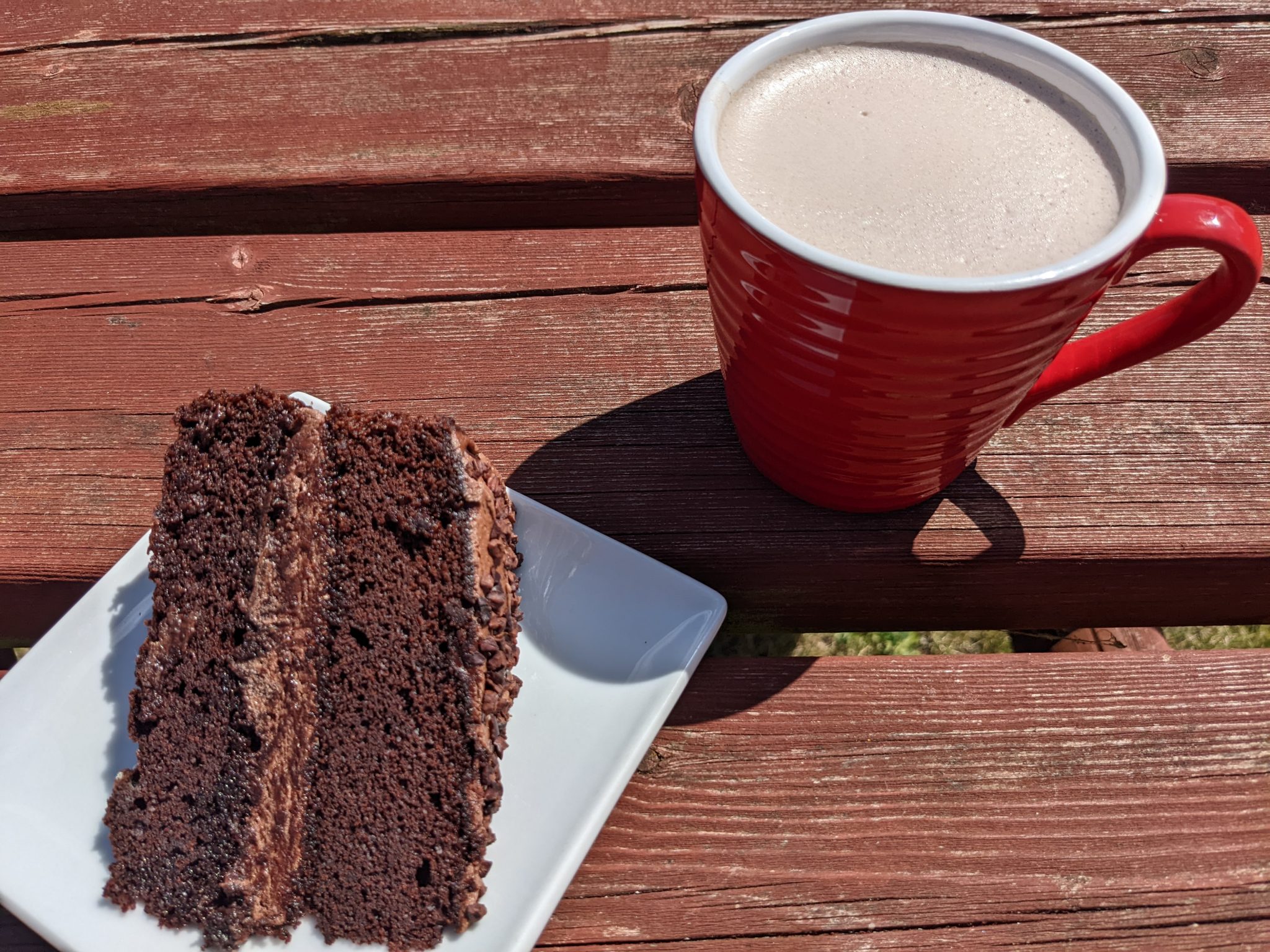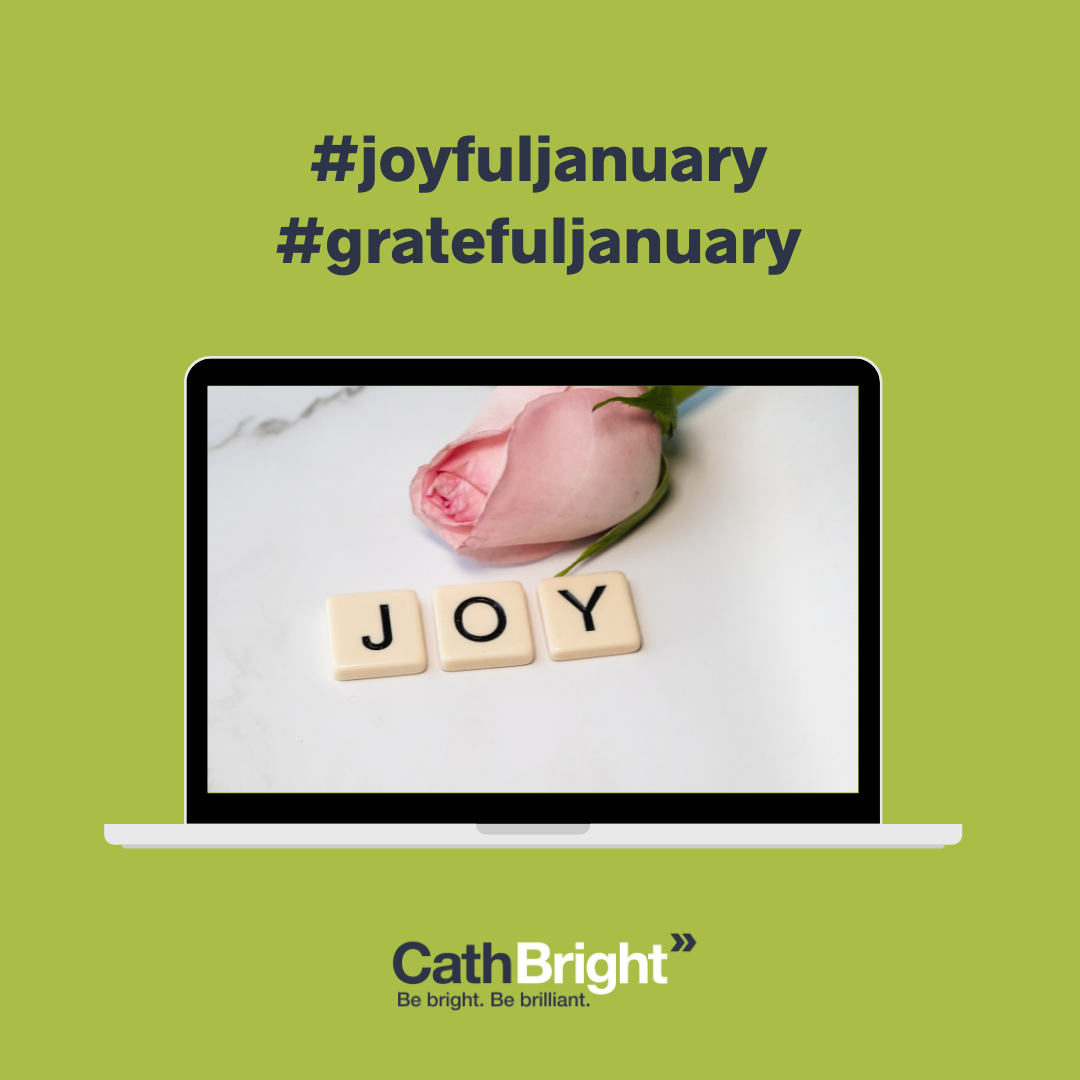Ever thought about giving up booze? We all know the health implications, the links to cancer, the detrimental effect on our mental health not to mention weight and wealth, yet 29 million adults still drink in the UK according to the Office of National Statistics, many binge drinking.
Alcohol Change UK is the charity responsible for Dry January: a campaign asking participants to give up alcohol for the month. It is marketed as a great way to save money and detox after the party season although the impact is far greater. Research by the University of Sussex showed that those who managed to avoid drink in January reduced their alcohol intake for the whole year.
Despite the popularity of the campaign, with an increase of 35% joining in this year compared to last year, the social pressure to drink is still very much there. Drinking is joked about and referred to in a casual manner on the radio, in the office, on social media.
Had a stressful day – have a drink.
Celebrating something – have a drink.
Seeing mates – have a drink.
Quiet night in – have a drink.
Over recent years the industry has switched focus to target female drinkers, and it seems particularly mothers. Gift shops sell tea towels referring to “wine O’clock”, coasters with quibs on stating “mummy loves gin”, and birthday cards with jokes relating motherhood to the need to drink. There are various blogs and books based on the stressful life of a modern mother with drinking often being referred to as the answer.
So what happens when you want to ignore the social trend and give up alcohol? Carole, an entrepreneur and mother, took that step earlier this year.
“I have a high pressured career as well as a young family. I love my work and my children. Of course there are times when both aspects are pressured, and I have bad days but generally, my life is good. It seems mad saying it now, but I felt I was missing something. That I wasn’t working hard enough, or struggling enough, as I couldn’t understand the need to drink. It got to the stage that I thought I needed to drink, to show everyone I was stressed and pressured as if that was a sign of success. It seemed everywhere I looked I was told, mothers should open the gin as soon as bath time finished. Career women should feel stressed and look forward to Friday night’s bottle of wine. Bank holiday weekends should be spent with a glass in hand. I would listen to stories in the playground from other mums and almost worry that I wasn’t drinking enough”.
When Carole saw Mother’s Days cards, targeted at mothers with young children, referring to drink, she decided that enough was enough.
“I was teaching my children that parenthood was stressful and unpleasant and that I needed a drink, a drug to be able to cope with it. To cope with them. How horrific is that for a child to hear? And what are we teaching them about future life? That for an adult to spend time with friends it needs to involve booze? Society just seems to have it wrong. Would it be OK to have a tea towel saying “Mummy loves her cocaine”? To stand in the playground and talk about how I started on the coke at midday as the weather was sunny? I very much doubt it but replace cocaine with prosecco and no one blinks an eye. Yet cocaine is less addictive than alcohol”.
Carole has noticed many positives about giving up drink. She talks about how she has more energy, more time, more money, better sleep. Carole talks with an energy and enthusiasm that makes it seems a no-brainer with a list of benefits that just seems to go on and on. I asked how challenging it had been, and what it has meant in reality.
“Initially I worried about going out and not drinking. And the fact I was worried, worried me even more and reinforced my determination to give the booze up,” laughs Carole. “I seemed to rely on booze to make me confident and sociable, and I had no idea how to go out sober. But then I remembered that every row, every drama, every night spent crying in the toilets, had been at the end of a night of drinking. Maybe booze didn’t make me sociable and confident. Maybe it made me irrational, paranoid and emotional”.
Carole went on to explain that her fear of going out sober was quickly replaced with a feeling of pride that she did it. “I honestly think no one noticed or cared. I quickly realised that I didn’t need the drink to joke, laugh or dance like an idiot. I can do all of those things sober and better still, I can go home to have a good night’s sleep, knowing that the next day I can do whatever I planned to without fear of a hangover.”
Whilst Carole is being quite open about her fears and feelings about going sober, she tells me that it hasn’t always been that way. “For the first six months, I didn’t tell anyone. I was worried that if I told people I had given up booze they would assume it was because I was an alcoholic. If you use the word sober, it is automatically linked to the other extreme. I wasn’t even close to that. I would sometimes have a glass or two every day. Other weeks I wouldn’t drink at all. It wasn’t about the quantity for me. It was about the impact on my mental health, my resilience, the social pressure. I realised it was a drug and a very addictive one at that. I needed to be able to say I was happy in myself and my life, and that I didn’t need anything to falsely enhance my mood.”
I asked Carole if she was planning on campaigning for more sobriety in society. “This isn’t about judging or influencing others. This is my personal choice. I’m quite comfortable being in the pub with a group of mates all drinking and I don’t comment, in the same way, that they don’t judge or comment on my choices. I know I am happier, healthier and stronger emotionally now I don’t drink. People have noticed and when they ask me what has changed, I am honest with my answer. If that makes them think twice about their personal choices, then so be it but it needs to be a personal choice.”
With the positives including statements such as happier, more resilient, and healthier maybe it is a personal choice we all need to consider.






